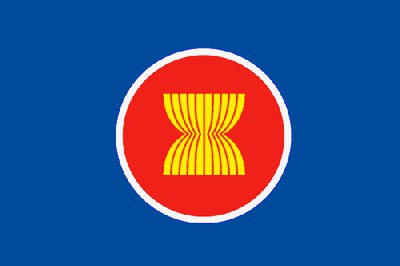9 Apr 2014
The role and rule of law in Asian integration
The ASEAN Charter adopted in 2007 established the legal and institutional framework of the political and economic organisation. In response, the Centre for International Law (CIL) at the National University of Singapore set up a project on ASEAN Integration Through Law: The ASEAN Way in a Comparative Context to examine the role of law, and the rule of law, in Asian legal integration.
Involving more than 80 scholars from Asia and around the world, this cornerstone project of CIL has resulted in some 30 monographs across the whole spectrum of ASEAN legal integration with a special focus on ASEAN economic community-building. WTI faculty member and Director of External Programs and Academic Partnerships, Pierre Sauvé, co-authored one such study, exploring the role of services trade on the road to the ASEAN Economic Community.
These project monographs form the basis of a substantial body of scholarship on the rule of law, institutions, and international law in ASEAN economic integration and will be published by Cambridge University Press (CUP). There are also plans for an ASEAN Integration Through Law curriculum, pedagogical material and learning platform.
One principal objective of the project is to put in place the building blocks for an authentic body of ASEAN legal integration developed in - and with sensitivity to - the particularities and peculiarities of the region. Thus, the project, monographs produced and knowledge sharing plenaries held do not purport to advocate. They are designed, for the most part, to offer reflections, discuss the pros and cons, and in this way enrich public awareness, deepen understanding of different options and contribute indirectly to policy-making.
Likewise, the project is sensitive to ‘non law’. It variously attempts to locate the appropriate province of the law in this experience. That is, not only the role of law but also the areas which are and should remain outside the reach of legal institutionalization with due sensitivity to ASEAN and Asian particularism and political and cultural identities.
CIL has been sharing the results of the project with ASEAN experts and practitioners in the region through a series of plenaries. The most recent such event took place in Hanoi, Vietnam, on 1 April 2014 and allowed the key findings of the project monograph on services trade to be presented by the research team.
You can read the monograph’s


